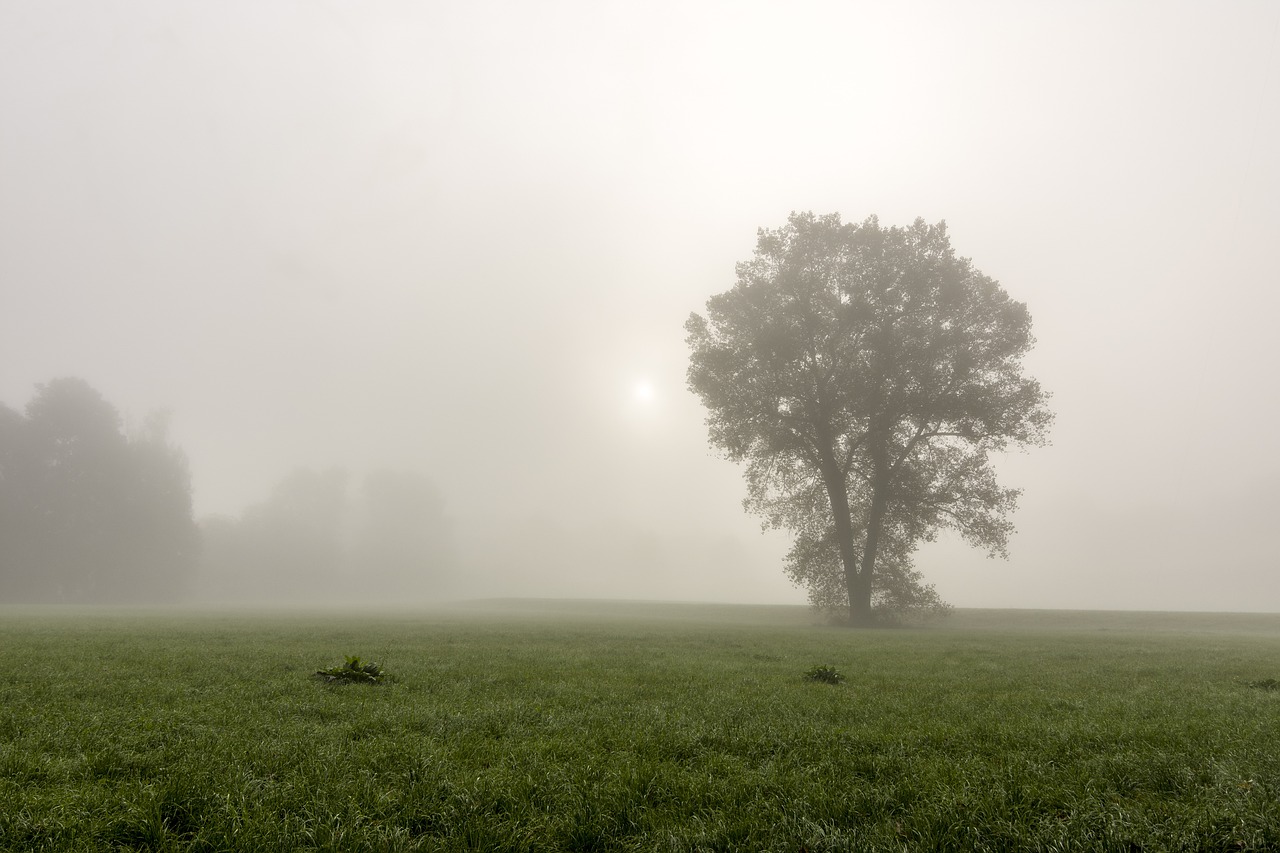On October 22nd, the Montgomery County Lynching Memorial Project* (MoCoLMP) will unveil the first historical marker in Montgomery County, in Poolesville, to acknowledge a racial terror lynching. Mr. George Peck was robbed of due process and murdered by a mob in Poolesville in 1880, one of three lynchings that took place in Montgomery County and thirty-eight in Maryland.
The project is the culmination of several years’ work by MoCoLMP, with the aid of a conversation circle and public forum attended by local residents and the support of Historic Medley District, the local historical society; the Black Student Union and faculty members at Poolesville High School; the Town Commissioners; Hosanna Community Church; and other local leaders who were actively involved participants in the 2019 Soil Collection Ceremony for Mr. Peck.
Members and friends of MoCoLMP will gather on the lawn next to the Poolesville Presbyterian Church (17800 Elgin Rd.-109), across the street from where the lynching took place. The public is invited and encouraged to attend this event. (If it rains, the event will be moved to Poolesville Memorial United Methodist Church, 17821 Elgin Road.)
The program will begin at 3 p.m., followed by a reception at Locals Farm Market (across the street) for simple refreshments and conversation. The event is free and open to all. Please reserve your free ticket. Parking is plentiful and will be clearly marked.
Contact the LMP with any accessibility needs. This event will be Sign Language Interpreted. To learn more or to volunteer at this or other events, email: mocolynchingmemorial@gmail.com.
*The Montgomery County Lynching Memorial Project seeks to educate and engage the community about the history and legacy of lynching and racial terrorism in Montgomery County, Maryland; to gather soil from the three known lynching sites in the county; and to work with community groups and the Montgomery County Commission for Remembrance and Reconciliation to procure the installation of historical markers and monuments commemorating these events. As a grassroots organization we partner with the Equal Justice Initiative’s Community Remembrance Project.
Biography of George Peck – From the Archives of Maryland
George Peck, MSA SC 3520-18233, Lynched in Poolesville, January 10, 1880
George Peck, a 22-year-old formerly enslaved African American laborer, was lynched in Montgomery County, Maryland, late in the evening of January 10, 1880. Peck was accused of assaulting a young white girl by the name of Ada Hayes. Reverend Calvin Amy informed local storekeeper Lemuel Beall, Peck’s employer, that he had seen his hired hand accost Hayes in a barn near the reverend’s home. Alerted by screams, Amy had entered the enclosure and stopped the attack before serious violence was inflicted. Peck, apparently, went back to his chores. Meanwhile, Beall and Amy went to engage the local constable James Uriah “Hugh” Mills, who was a nephew of Beall. After briefly running and then being apprehended by the three men, Peck was taken before Justice of the Peace, Stephen G. Donohoe, before whom he allegedly confessed his crime and added that his intention was to rape Hayes.
As word spread that the Black worker had tried to force himself on the girl, tension in the town rose rapidly. Due to the time of night and distance it would have taken Miles to transport Peck to the county jail in Rockville, he chose, instead, to temporarily hold Peck in the local Odd Fellows Hall, where he, alone, would be guarding the accused man. Soon, a knowing crowd began to form around the Hall and Miles then decided to move Peck to the lawman’s own home for safety’s sake. At approximately 11:00pm, Miles left the building with Peck in tow, however, both men were soon overpowered by somewhere between 35 to 100 men, several, but not all of whom were masked. Newspaper accounts suggest that many in the crowd were recognizable and that shouts to kill the accused man were raised. Having taken the handcuffed Peck from the overcome Miles, members of the mob lynched the accused by dragging him by the neck with a noose across the road, passing the nearby Poolesville Presbyterian Church, and hanging him from a branch of a tree until he was deceased.
Two juries were, subsequently, called to review the criminal act, however, no one was identified or found guilty. As was common in most final judgments of such acts, the perpetrators were deemed “unknown” to the local community.

